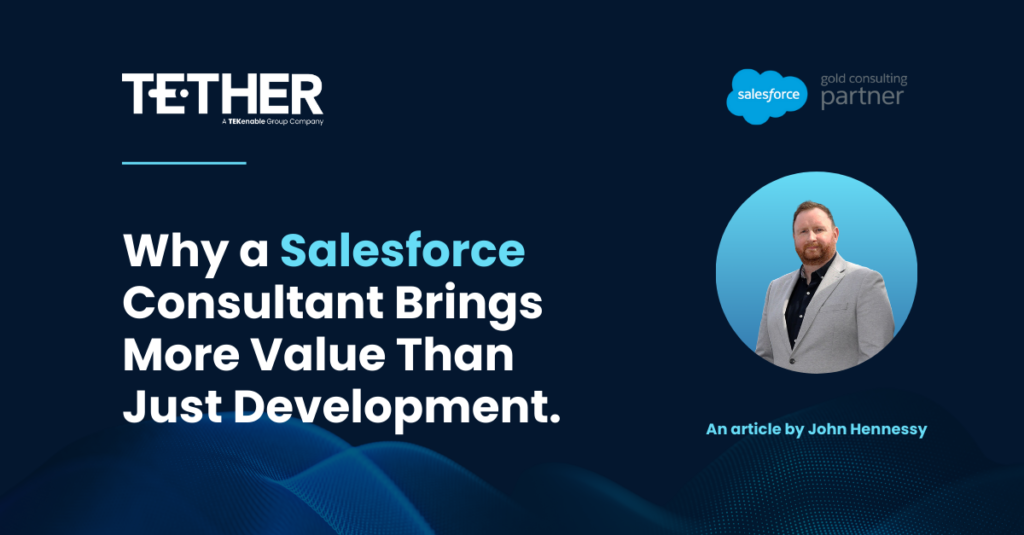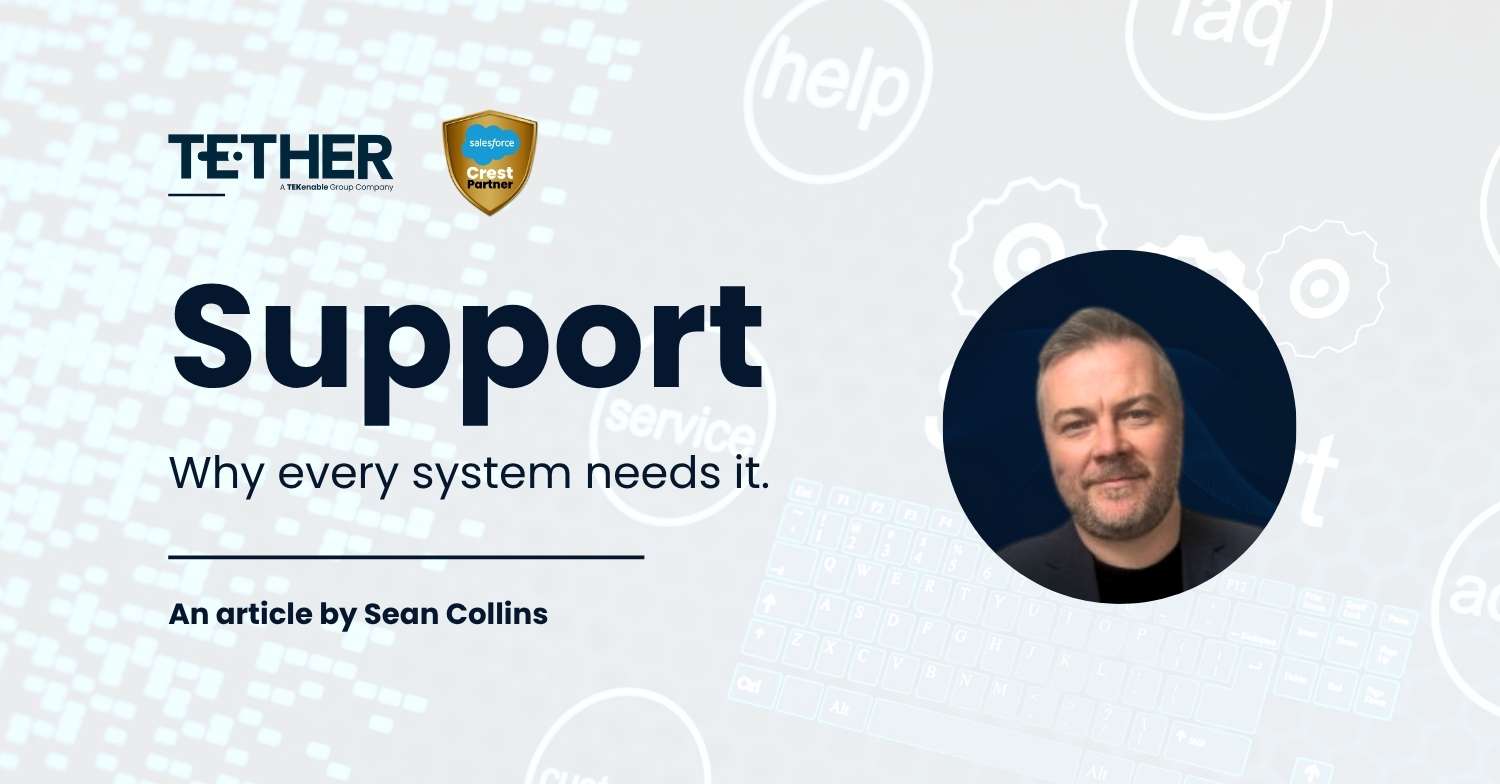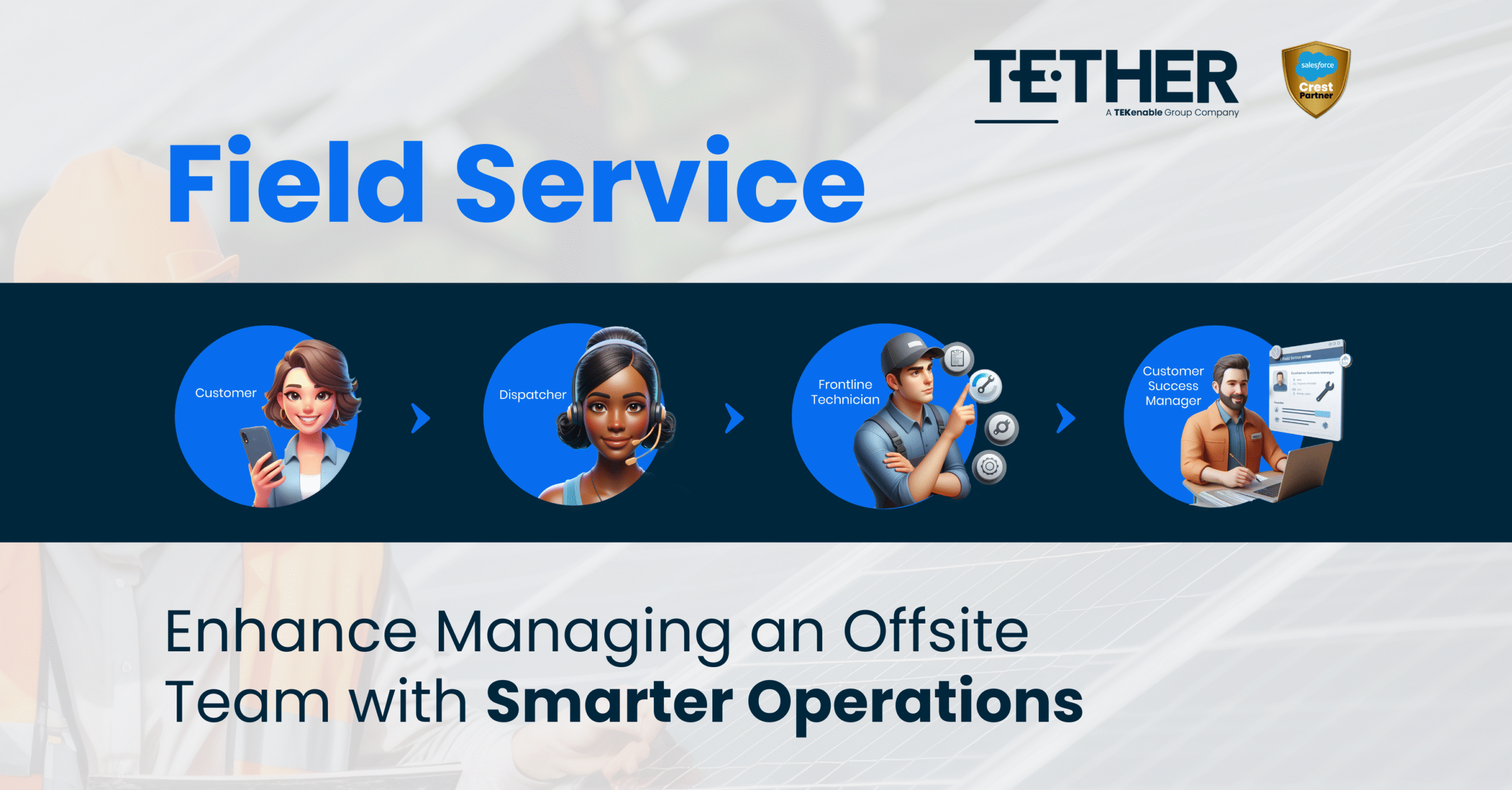If you’re working with Salesforce, you’ve probably wondered if you need a Salesforce Developer, a Consultant, or both.
The answer can make a big difference to your business. While both roles are essential for getting the most out of Salesforce, a Salesforce Consultant brings something unique and often more valuable: strategic insight and real-world experience. Here’s why a Consultant might be exactly what you need to get the most out of your Salesforce investment.
Salesforce Consultant: The Strategic Guide
A Salesforce Consultant does more than help you set up Salesforce—they guide you through what to build, why, and how. They’re experts at understanding your business goals, tailoring the Salesforce platform to meet them, and helping you avoid costly mistakes. A good Consultant doesn’t just implement a solution; they design a strategy that’s right for your business and sustainable over time.
A Consultant’s work goes beyond the technical. They bring a 360-degree view, leveraging best practices across your industry and offering insights that you might not even know to look for. They take the time to understand your goals, map out solutions, and make sure what you’re building will work not only today but also as you grow and evolve.
What a Salesforce Consultant Does:
- Digs deep into your business needs to understand the full picture.
- Crafts solutions that maximise Salesforce’s potential, tailored to your goals.
- Uses industry best practices and experience to guide your decisions.
- Ensures that Salesforce is set up for high user adoption and cross-departmental alignment.
- Helps with change management so your team is ready to hit the ground running.
The Real Value of a Consultant
Consultants are big-picture thinkers who bring a business-first approach to Salesforce. They ensure every choice you make has a clear purpose and supports your long-term success. With their guidance, you don’t just create a system—you build a competitive advantage. They know the risks, the opportunities, and the best ways to navigate Salesforce to achieve sustainable results.
Salesforce Developer: The Technical Expert
Salesforce Developers, on the other hand, are the technical pros. Their role is to take the Consultant’s vision and turn it into functional code. Developers build the specific features you need, integrating Salesforce with other systems, and setting up custom workflows and processes. They’re the experts who make things happen technically, based on the requirements set by the Consultant.
What a Salesforce Developer Does:
- Builds and customizes Salesforce with coding skills and technical knowledge.
- Integrates Salesforce with other business systems.
- Creates specific technical components, like custom fields, objects, and reports.
- Solves technical issues and provides ongoing support.
When a Developer Shines
If you have a clear set of technical tasks, a Developer is essential for turning those tasks into a working solution. They thrive when there’s a plan in place and specific needs to address.
Why Consultants Bring Greater Long-Term Value
While developers are critical to Salesforce projects, a Consultant ensures you’re building the right things for the right reasons. Without a Consultant, you might end up creating solutions that don’t quite fit, need reworking, or don’t support future growth. Consultants focus on making Salesforce work for your business in a way that’s scalable, efficient, and impactful.
Choosing a Consultant means investing in a long-term Salesforce roadmap, one that not only solves your immediate needs but also sets you up for growth. They help make sure every decision, from custom fields to integrations, is aligned with your goals, so you’re not just building a CRM but a tool that actively supports your organisation’s success.
The Ideal Combination: Consultant-Led Development
When you pair a strategic Consultant with a technical Developer, you get the best of both worlds: a well-thought-out plan brought to life with precise technical skills. A Consultant’s guidance helps avoid reworks, ensures higher user adoption, and ultimately saves time and resources.
In Summary
Salesforce Consultants bring the insight and strategic advice needed to make your investment in Salesforce count. While developers are the technical builders, consultants are the architects who ensure that everything built is driving value for your business. If you’re serious about maximising Salesforce, a Consultant isn’t just a nice-to-have—they’re a must-have.
FAQ’s
1. What is the role of a Salesforce Consultant?
A Salesforce Consultant guides businesses through the setup and optimization of Salesforce. They tailor the platform to meet business goals, avoid costly mistakes, and design sustainable strategies. Their role includes understanding business needs, crafting solutions, using industry best practices, ensuring high user adoption, and assisting with change management.
2. How does a Salesforce Consultant differ from a Salesforce Developer?
While a Salesforce Consultant focuses on strategic guidance and business alignment, a Salesforce Developer handles the technical aspects. Consultants design the overall strategy and ensure it aligns with business goals, whereas Developers build and customize Salesforce features, integrate it with other systems, and solve technical issues.
3. Why is a Salesforce Consultant important for my business?
Salesforce Consultant brings strategic insight and real-world experience, helping you maximize your Salesforce investment. They ensure that every decision supports long-term success, making your Salesforce setup scalable, efficient, and impactful. Without a Consultant, you might end up with solutions that don’t fit your needs or support future growth.
4. What are the key responsibilities of a Salesforce Consultant?
Key responsibilities include:
- Understanding business needs comprehensively.
- Crafting solutions that maximize Salesforce’s potential.
- Using industry best practices to guide decisions.
- Ensuring high user adoption and cross-departmental alignment.
- Assisting with change management for smooth transitions.
5. Can a Salesforce Developer work without a Consultant?
Yes, a Salesforce Developer can work independently, especially when there are clear technical tasks and plans in place. However, without a Consultant’s strategic guidance, there’s a risk of creating solutions that don’t align with business goals or support long-term growth.




